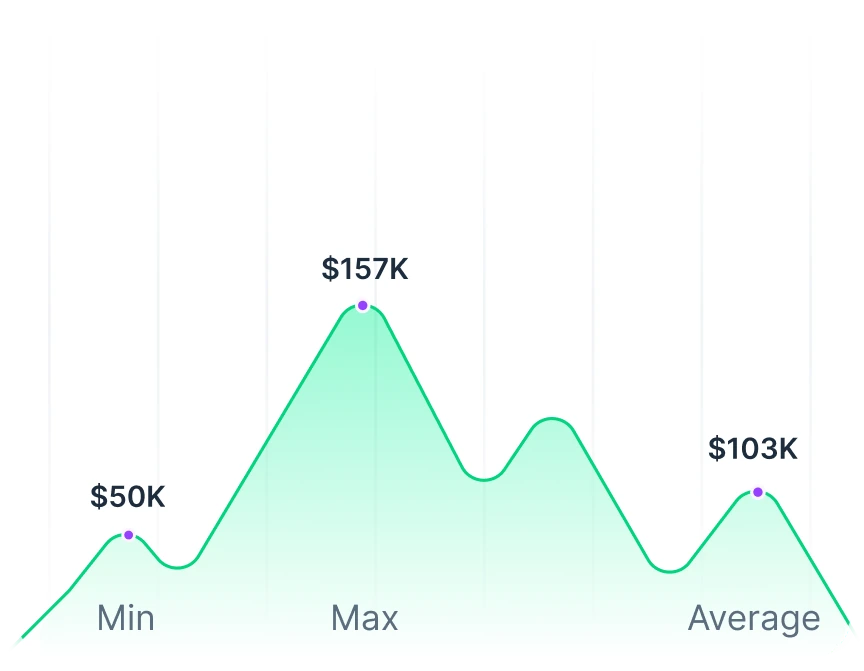Breaking into automation testing requires more than theoretical knowledge—you need practical skills that employers value. Whether you're a fresher or have a few years of experience, gaining Hands-On Automation Testing Experience is crucial for career advancement. This guide outlines proven strategies to build real-world expertise and stand out in the competitive testing landscape.
Master the Basics of Automation Testing
Before diving into tools and frameworks, understand core concepts like test case design, software development lifecycles, and testing methodologies. Learn programming fundamentals in languages like Java, Python, or JavaScript, as they form the foundation of automation scripts. Familiarize yourself with testing types—functional, regression, integration, and end-to-end testing—to understand when and how automation applies.
Choose the Right Automation Tools
Select tools aligned with industry demands and your career goals. Popular choices include Selenium for web applications, Appium for mobile testing, and Cypress for modern JavaScript frameworks. Explore Hands-On Automation Testing Platforms like TestNG, JUnit, or Pytest for test execution and reporting. Start with one tool, master it thoroughly, then expand your toolkit to stay versatile.
Take a Practical Automation Testing Course
Enroll in an Automation Testing Course that emphasizes hands-on learning over theory. Look for programs offering live projects, coding exercises, and mentor support. Quality courses provide access to real-world scenarios, helping you understand how automation fits into development workflows. Certifications from recognized platforms add credibility to your resume while building foundational skills.
Work on Real Projects (Freelance/Open Source)
Nothing beats working on actual Hands-On Automation Testing Projects. Contribute to open-source projects on GitHub—many repositories welcome testing contributions. Platforms like Upwork or Freelancer offer small automation testing gigs perfect for beginners. These experiences teach you to handle real requirements, deadlines, and code reviews, making your learning immediately applicable.
Build Your Own Testing Framework
Create a custom automation framework from scratch to demonstrate deep understanding. Start simple—build a framework for testing a public website using your chosen tool. Implement features like data-driven testing, reporting mechanisms, and configuration management. Document your framework thoroughly and host it on GitHub. This project becomes a powerful portfolio piece showing initiative and technical depth.
Gain Experience through Internships or Volunteering
Seek internships specifically focused on quality assurance and test automation. Many startups and mid-sized companies offer positions where you'll gain substantial Hands-On Automation Testing Experience. If paid internships are scarce, consider volunteering your automation skills to non-profits or small businesses needing website testing. These opportunities provide mentorship and real-world problem-solving experience.
Join Automation Testing Communities
Engage with communities on platforms like LinkedIn, Reddit, Discord, and specialized forums. Participate in discussions, ask questions, and share your learning journey. Attend virtual meetups, webinars, and conferences to network with professionals. Communities often share job openings, project opportunities, and guidance that accelerates learning curve while expanding your professional network.
Create a Portfolio to Showcase Your Skills
Document your Hands-On Automation Testing Projects in a comprehensive portfolio. Include code samples on GitHub, detailed README files explaining your approach, and screenshots or videos demonstrating test execution. Write blog posts explaining challenges you solved or tutorials on specific automation techniques. A strong portfolio differentiates you from candidates with only theoretical knowledge and proves your practical capabilities.
Apply for Jobs or Freelance Gigs
Start applying strategically once you've built foundational skills and a portfolio. Target junior automation tester, QA automation engineer, or SDET (Software Development Engineer in Test) roles. Tailor your resume, highlighting practical projects and tools you've mastered. For freelance work, explore Hands-On Automation Testing Platforms like Toptal or Guru, starting with smaller projects to build ratings and credibility.
Learn Automation Testing with Generative AI
Tailor Your Approach Based on Experience Level
Your path to gaining hands-on automation testing expertise should align with your current skill level. Here's how to optimize your learning strategy based on where you are in your career journey.
For Freshers
- Focus on Fundamentals: Master one programming language and one automation tool thoroughly. Complete online tutorials, coding challenges, and practice writing test scripts daily.
- Start with Open-Source Projects: Begin with well-documented projects labeled "good first issue." Contributing even small test cases helps you understand collaborative development and version control.
- Complete a Practical Course: Invest in structured learning that provides hands-on exercises and capstone projects, ensuring you build Hands-On Automation Testing Experience from day one.
For Those with 1-2 Years of Experience
- Expand Your Toolset: Learn additional tools and frameworks relevant to your career path. Explore API testing with REST Assured or performance testing with JMeter to broaden your expertise.
- Work on Complex Projects: Take ownership of end-to-end test automation for features or modules. Implement CI/CD integration, parallel execution, and advanced reporting to demonstrate senior-level skills.
- Refine Your Portfolio: Showcase projects that solve real business problems. Highlight metrics like test coverage improvements, defect detection rates, or time saved through automation.
Conclusion
Building Hands-On Automation Testing Experience requires consistent effort, practical application, and continuous learning. Start with fundamentals, choose relevant tools, and actively seek opportunities to apply your skills through courses, projects, and community involvement. Whether you're just starting or advancing your career, focus on creating tangible proof of your capabilities through portfolios and real-world contributions. The automation testing field rewards those who demonstrate practical expertise—take action today to transform theoretical knowledge into marketable skills.
FAQs
1. Do I need to know programming for automation testing?
Yes, programming knowledge is essential for automation testing. You need to write test scripts, understand frameworks, and debug code. Start with beginner-friendly languages like Python or Java, focusing on fundamentals like variables, loops, and functions before advancing to complex concepts.
2. Can I gain experience without a job?
Absolutely! Contribute to open-source projects, build personal automation frameworks, take freelance gigs, or volunteer your testing services. These alternatives provide legitimate Hands-On Automation Testing Experience that employers recognize and value, often making you more competitive than candidates with only traditional experience.







 Transform your career with 100+ hours of hands-on automation testing assignments.
Transform your career with 100+ hours of hands-on automation testing assignments. 















